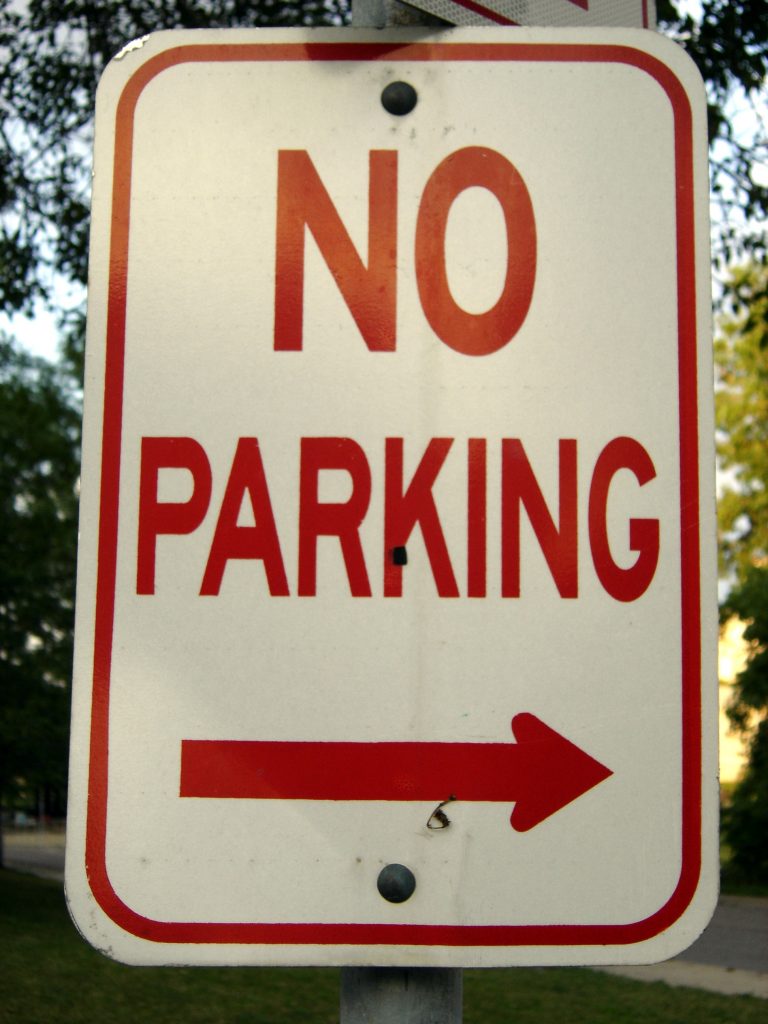 Res Judicata, also known as claim preclusion, is a Latin term that literally means “for a matter judged.” In the legal system, res judicata is a doctrine that prohibits a second lawsuit from being filed for a matter that has already been judged or decided on the merits. Once parties to a lawsuit have had the opportunity to be heard by the court and the court rules on the claims asserted in the lawsuit, those parties are generally not ever again allowed to bring a lawsuit against the same parties for the same claims that arose from the same transaction or occurrence.
Res Judicata, also known as claim preclusion, is a Latin term that literally means “for a matter judged.” In the legal system, res judicata is a doctrine that prohibits a second lawsuit from being filed for a matter that has already been judged or decided on the merits. Once parties to a lawsuit have had the opportunity to be heard by the court and the court rules on the claims asserted in the lawsuit, those parties are generally not ever again allowed to bring a lawsuit against the same parties for the same claims that arose from the same transaction or occurrence.
Res judicata prohibited a Mandeville, Louisiana man, George Cepriano, Jr., from being allowed to file a lawsuit against Lowe’s Home Center (Lowe’s). But, Mr. Cepriano, never personally filed the first lawsuit against Lowe’s. Mr. Cepriano’s lawsuit against Lowe’s was not barred solely due to res judicata, but due to an already adjudged class action lawsuit of which Mr. Cepriano was a class member. A class action lawsuit permits one or more people to bring a lawsuit on behalf of all class members. A class action ruling results in a res judicata blanket application for all members of the class.
Mr. Cepriano’s journey to the Louisiana First Circuit Court of Appeal began after he bought a newly built home in Mandeville, Louisiana. About two years later, while trying to sell the home to a potential buyer, Mr. Cepriano learned the home was manufactured with defective Chinese-made drywall. Mr. Cepriano filed a lawsuit against Diamond Investments of Louisiana, L.L.C., the property seller, and B Square Builders, L.L.C., the contractor/builder, and Lowe’s.
 Louisiana Personal Injury Lawyer Blog
Louisiana Personal Injury Lawyer Blog


 Most of us probably owe money to someone. Whether it be for our home, a vehicle, a credit card or even just to a friend. A
Most of us probably owe money to someone. Whether it be for our home, a vehicle, a credit card or even just to a friend. A In a medical malpractice case, often lawyers for either or both sides will hire what is called an expert witness. These cases are complex and frequently require such experts to explain to the judge and jury the medical procedure at issue and what went wrong. These necessary experts, however, are not inexpensive and the winning party in a lawsuit can often come out ahead but at a serious financial setback. This is what happened in a recent case out of Ouachita. And due to a lack of evidence on record in support of expert witness fees, the winning party had no chance of recovering these costs.
In a medical malpractice case, often lawyers for either or both sides will hire what is called an expert witness. These cases are complex and frequently require such experts to explain to the judge and jury the medical procedure at issue and what went wrong. These necessary experts, however, are not inexpensive and the winning party in a lawsuit can often come out ahead but at a serious financial setback. This is what happened in a recent case out of Ouachita. And due to a lack of evidence on record in support of expert witness fees, the winning party had no chance of recovering these costs.  What are your legal options when you experience job-related hearing loss? Are you limited to benefits under workers’ compensation laws or can you file a lawsuit for possibly a considerable monetary amount? That was the essential question put forth to the Supreme Court of Louisiana in a recent case out of West Monroe.
What are your legal options when you experience job-related hearing loss? Are you limited to benefits under workers’ compensation laws or can you file a lawsuit for possibly a considerable monetary amount? That was the essential question put forth to the Supreme Court of Louisiana in a recent case out of West Monroe.  Evidence in a trial can take almost any shape or form. For murder trials, people think of weapons. For fraud cases, perhaps incriminating documents comes to mind. For a personal injury case, the options are almost limitless yet likely “flip flop” is not the first image that pops up; especially in a maritime case. Yet in this case, Garrard Myers makes quite the fuss over the state of his sandals.
Evidence in a trial can take almost any shape or form. For murder trials, people think of weapons. For fraud cases, perhaps incriminating documents comes to mind. For a personal injury case, the options are almost limitless yet likely “flip flop” is not the first image that pops up; especially in a maritime case. Yet in this case, Garrard Myers makes quite the fuss over the state of his sandals. A person may seek help from the federal court system when that person feels that they have been cheated or wronged.
A person may seek help from the federal court system when that person feels that they have been cheated or wronged. When representing a client, an attorney and law firm must do their due diligence and advocate for their client in the best way possible. An excellent attorney will put in countless hours for their client and will not stop working until the job is completed. Not all attorneys do this however, and when an attorney underperforms, the client has every right to seek a different lawyer for their services.
When representing a client, an attorney and law firm must do their due diligence and advocate for their client in the best way possible. An excellent attorney will put in countless hours for their client and will not stop working until the job is completed. Not all attorneys do this however, and when an attorney underperforms, the client has every right to seek a different lawyer for their services. Securing a loan with collateral might seem like a simple and everyday task, but even the smallest of mistakes in the process can carry severe consequences. Brent Kovach (Mr. Kovach), a shareholder in a few New Orleans French Quarter hotels, experienced the repercussions of a simple oversight when one paragraph in his collateral assignment nearly offset his entire life insurance policy. The following case delves into just how critical hiring an excellent attorney might be when interpreting seemingly straightforward contracts and when those contract disputes turn to a lawsuit.
Securing a loan with collateral might seem like a simple and everyday task, but even the smallest of mistakes in the process can carry severe consequences. Brent Kovach (Mr. Kovach), a shareholder in a few New Orleans French Quarter hotels, experienced the repercussions of a simple oversight when one paragraph in his collateral assignment nearly offset his entire life insurance policy. The following case delves into just how critical hiring an excellent attorney might be when interpreting seemingly straightforward contracts and when those contract disputes turn to a lawsuit. In litigating claims, parties (particularly the attorneys) must exercise diligence. This means being timely when it comes to gathering evidence, complying with a court order, or filing a pleading, motion, appeal etc. In its
In litigating claims, parties (particularly the attorneys) must exercise diligence. This means being timely when it comes to gathering evidence, complying with a court order, or filing a pleading, motion, appeal etc. In its  Have you ever wondered what happens when someone wrongfully takes or destroys your personal property? Conversion occurs when one sells or disposes of property belonging to another without permission. The case discussed in this post describes the conversion of a vehicle that was towed and sold to a third party after the title was wrongfully obtained in violation of the Louisiana Towing and Storage Act (“LTSA”).
Have you ever wondered what happens when someone wrongfully takes or destroys your personal property? Conversion occurs when one sells or disposes of property belonging to another without permission. The case discussed in this post describes the conversion of a vehicle that was towed and sold to a third party after the title was wrongfully obtained in violation of the Louisiana Towing and Storage Act (“LTSA”).